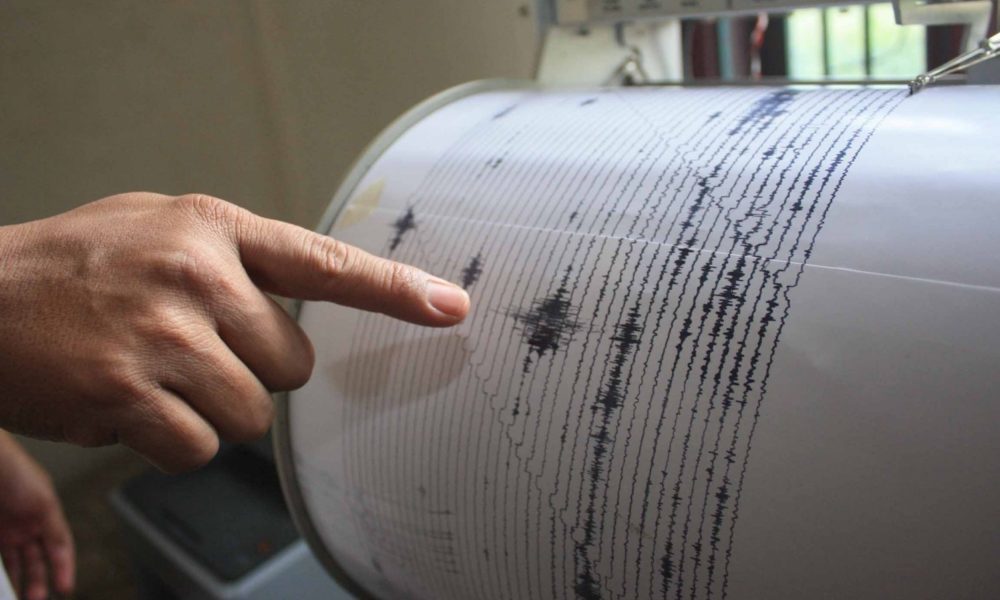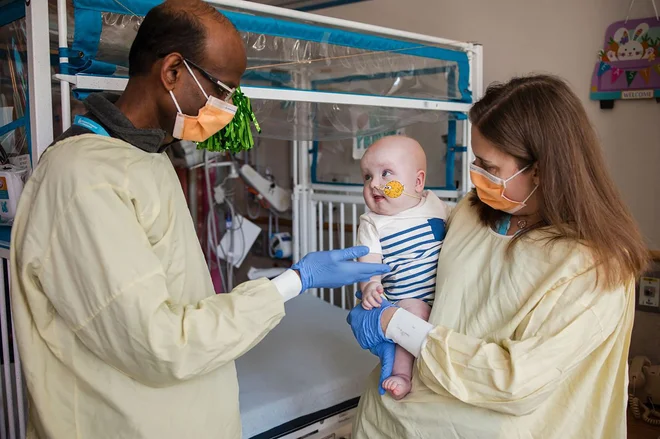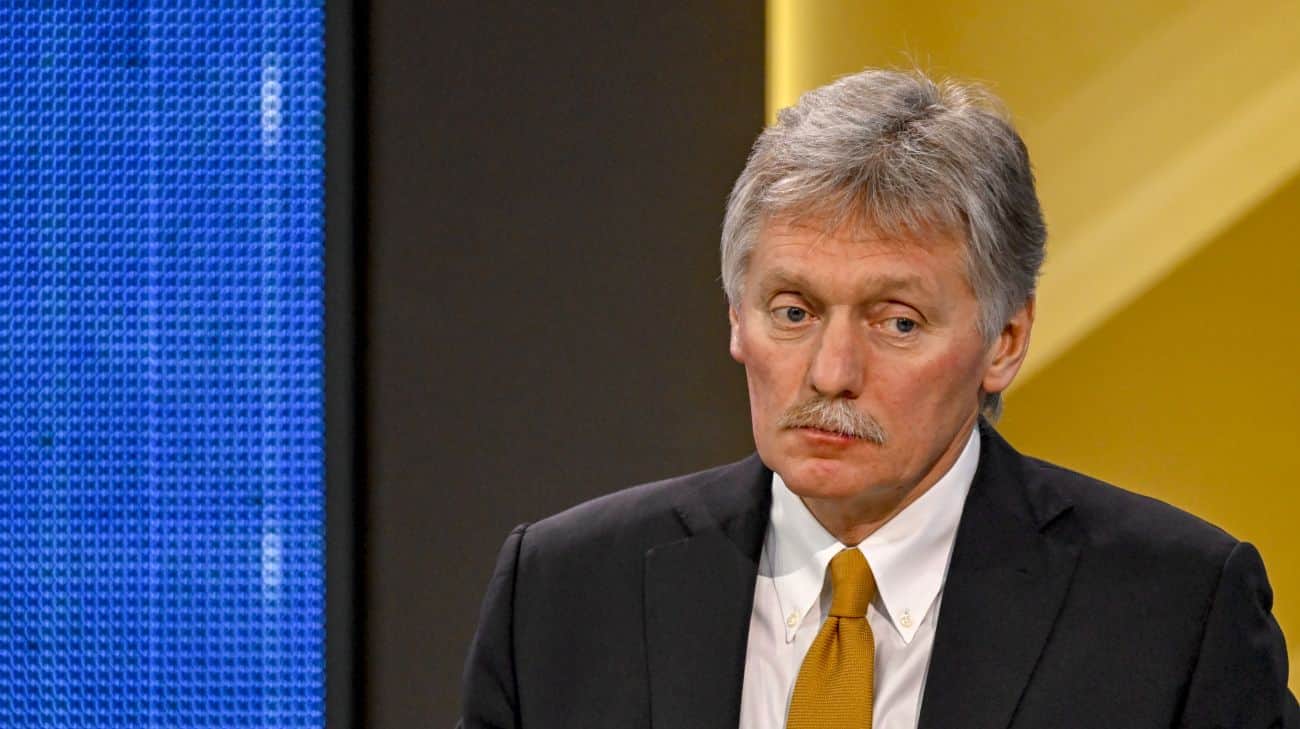New outpatient tariffs bring money shortage

Correspondence errors in new tariffs: children’s hospitals are even more in the need for money
The consequences of the new outpatient tariffs for the children’s hospitals are underestimated. A calculation error tears additional financial holes to a delicate area of care – at all emergency stations in Switzerland.
From January 2026, Switzerland will introduce a new tariff system for outpatient medicine. It should strengthen and better finance general practitioners and pediatric medicine. Now it turns out: The new system brings the children’s hospitals even more to money shortages than it already does.
The umbrella organization of allkid’s children’s hospitals wrote in the available simulation tools. The latter had overturned that the new tariffs for outpatient emergency treatments led to massive deficits in the hospitals.
The next revision of the tariff system by 2027 would actually be considered. But that would be too late for Allkid’s: measures are needed immediately, with the introduction of the tariffs in seven months. Otherwise, there are intolerable situations and deficits in the children’s hospitals that can no longer be compensated for.
New billing rules lead to massive deficits
The problem: In the new tariff TARDOC, only the work of the doctor herself is compensated for for medical treatments at the emergency station. The compensations for the infrastructure and the non-medical staff were significantly shortened. The hospital would now have to cover them otherwise.
This becomes a problem for all hospitals with emergency stations. Because these always have to keep the infrastructure and staff ready for emergency. No matter how much actually happens. And no matter whether the cases are treated outpatient or inpatient afterwards.
If the costs for this in the outpatient area can no longer be billed, this tears another hole into the hospital finances. The HPLUS hospital association writes: « A cost -covering operation of an emergency station is not possible with these tariffs. »
Children’s hospitals would be particularly affected
This was partially compensated for in regular hospitals by being cross-financed with other services. This is not in the interests of the system, HPLUS writes, and still difficult due to the insufficient tariffs. Above all, there is little scope in children’s hospitals.
« Because children have fewer reserves than adults, they often need outpatient emergency treatments, » says Malte Frenzel, Managing Director of Allkids. The emergency thus makes up a large part of the outpatient treatments. And there are fewer special treatments with which the new deficits could be transfers.
If the system were introduced in this way, this means an additional 30 percent for the children’s hospitals for emergency treatments. The hospitals are already underfunded today: In the outpatient area, the six largest Swiss children’s hospitals are now writing a minus of over CHF 110 million.
Overall, Allkids expects the new tariffs to cover only 50 to 60 percent of the costs to the emergency departments. For the rest, the carriers of the hospitals would have to pay, mostly the cantons. « But we don’t know whether they are ready to put more money into the hospitals, » says Frenzel.
If nothing changes in the situation, there is little choice but to delete areas and reduce the quality. This could lead to longer waiting times and poorer treatments: « Ultimately, we save at the expense of the children. »
Changes would only be planned from 2027
Allkids have therefore made an application to the OAAT, the new outpatient tariff organization. The association demands that either the tariff positions are changed or the calculation rules are adjusted in such a way that the personnel and infrastructure costs can be billed.
However, each change must be checked for cost neutrality, discussed with all tariff partners and approved by the Federal Council. That takes time. And that is scarce: the system should apply from January, the preparations in the hospitals and practices are already underway.
The request was taken into account, the OAAT said on request. Now you are in exchange with allkids and with the various tariff partners to clarify the situation and check any measures.
The case is clear for allkids. Malte Frenzel says at least a temporary solution, and quickly: « Otherwise the situation will become catastrophic for the children’s hospitals. »








